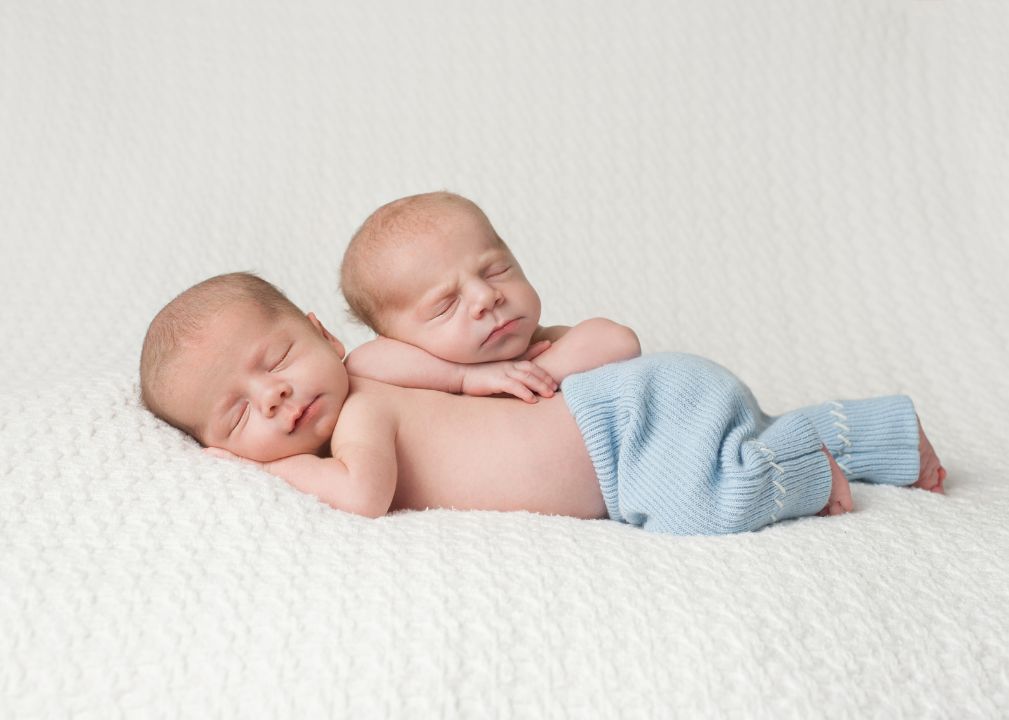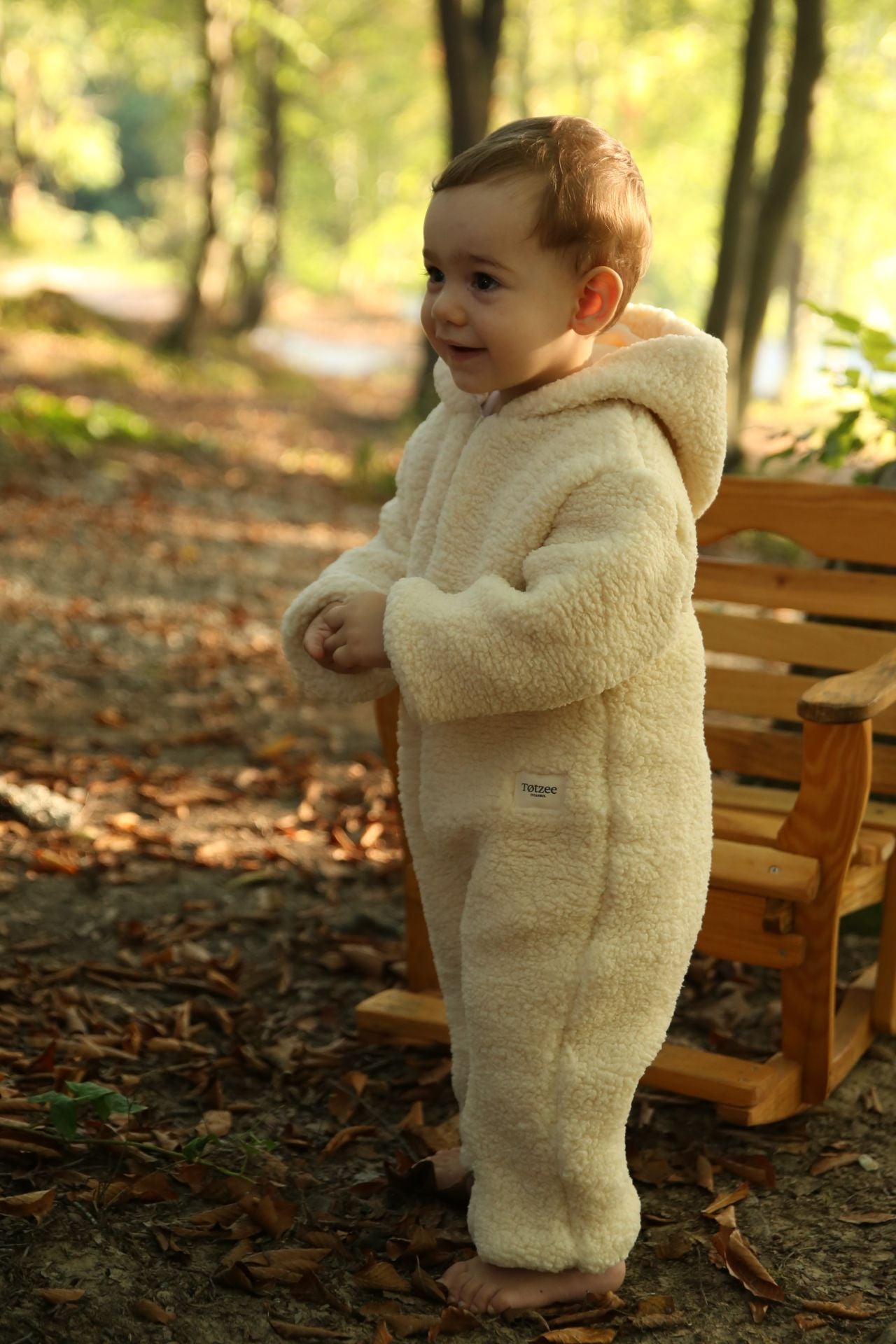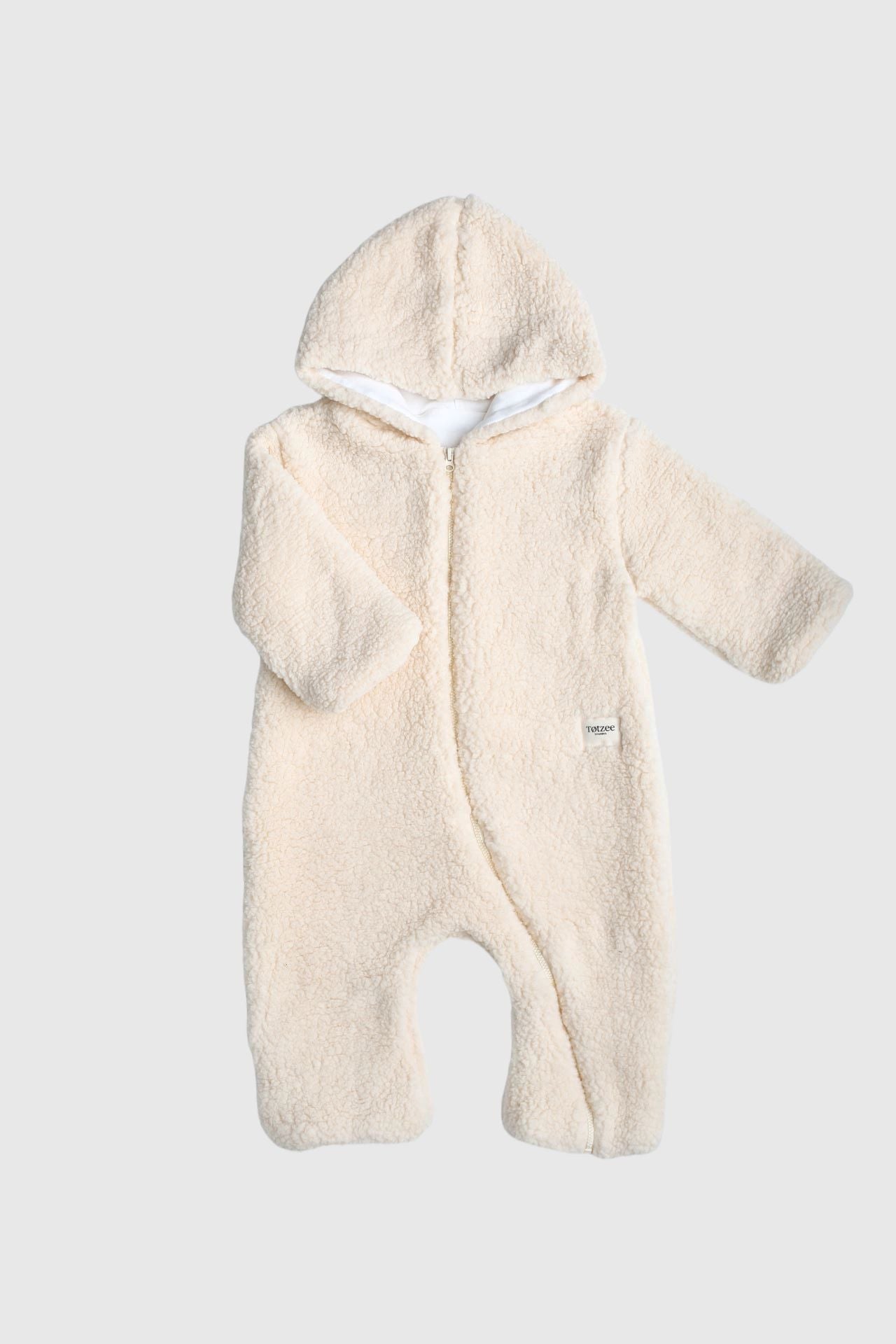
Monthly Baby Development: 7-Month-Old Baby Development
7-Month-Old Baby Sleep
Sleep is a cornerstone in a baby's growth and development, becoming even more crucial at 7 months. Typically, babies at this stage sleep 14 to 15 hours daily, including 11 to 12 hours at night and short naps of 2 to 3 hours during the day. It's vital for parents to create a calm environment and establish sleep routines for their babies. These routines can include dimming lights, peaceful nighttime feedings, and gentle pre-sleep activities. A regular sleep pattern is critical for your baby’s healthy growth.
7-Month-Old Baby Teething
Teething might begin for some babies at seven months. This can bring discomfort, pain, and sometimes fever. Babies feel the need to chew during this period, making safe, clean, and cold teethers greatly helpful. Parents can also gently massage their baby's gums for relief. Remember, each baby teethes at their own pace, so patience and consulting with doctors when necessary is important.
7-Month-Old Baby Weight
A baby’s weight is an important indicator of health and development. A seven-month-old typically reaches twice their birth weight. The rate of weight gain can vary, so regular doctor visits and monitoring of weight progress are crucial. At this age, babies start transitioning to solid foods, significantly impacting their weight gain. A healthy and balanced diet is key for maintaining ideal weight.
For more information, check out our articles, "The Magical First Year: A Month-by-Month Nutrition Guide for Your Little One!" and "Little Ones' Adventure-Filled Second Year: Month-by-Month Nutrition Guide."
7-Month-Old Baby Care
A seven-month-old baby begins to show more movement and curiosity. Baby care during this period involves creating a safe and stimulating environment. Implementing safety measures at home meets the babies' need for exploration. Babies at this age are highly interested in social interactions and playing with objects around them. Parents should encourage new experiences and engage in conversations, singing, and playing with their babies. Regular bathing and skin care routines are also important for health.
7-Month-Old Baby Physical Development
A seven-month-old baby typically learns to sit and may start crawling. Physical development accelerates, and motor skills strengthen. Babies explore the world around them through actions like grabbing, shaking, and hitting objects. Parents should create safe play areas and encourage various movements for physical development support. Regular doctor check-ups are essential to ensure proper physical progression.
7-Month-Old Baby Clothing
Clothing choices for a seven-month-old should be practical and comfortable. Rapid growth at this stage means frequent changes in clothing. Baby garments should be made from flexible, soft fabrics and be easy to put on and take off. Season-appropriate clothing ensures babies stay comfortable and healthy. Parents should opt for clothes that don't restrict movement or irritate the skin. Keep in mind, the rapid growth of babies necessitates frequent clothing changes.
7-Month-Old Baby Feeding
Feeding a seven-month-old includes both breast milk or formula and solid foods. Babies typically eat 3 to 5 times a day at this age, but this can vary. Parents should learn to recognize hunger signals and feed accordingly. Transitioning to solid foods is an excellent opportunity to introduce different tastes and textures. However, introducing new foods one at a time and being alert for any allergies or reactions is important. A regular feeding schedule is vital for healthy growth.
Share








